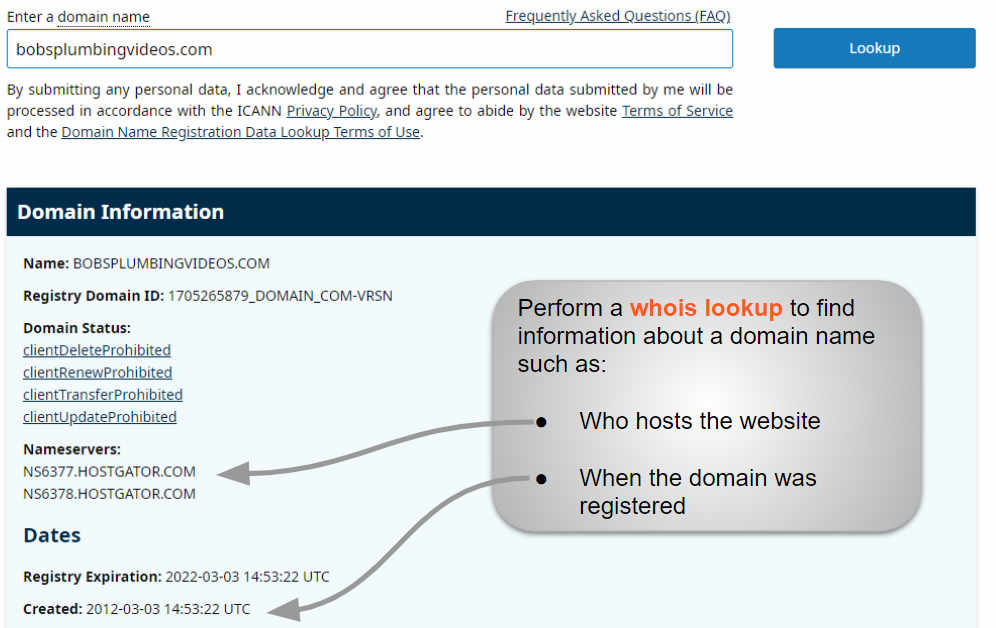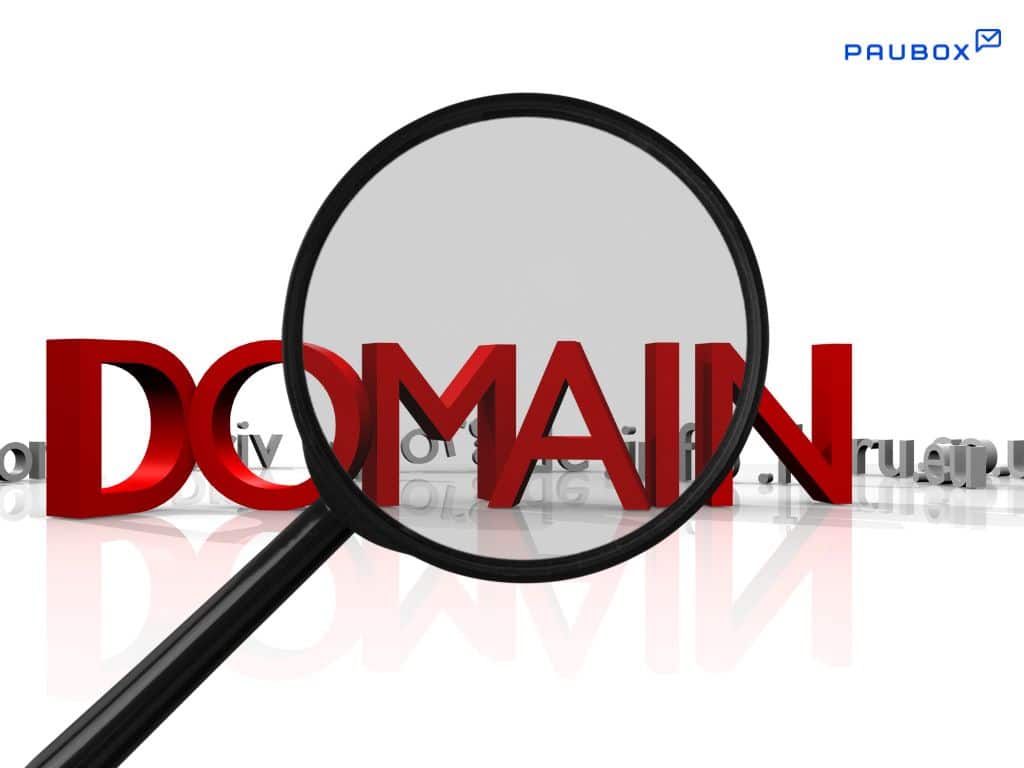Ever wondered, “Who hosts my domain?” It’s a common question for many.
Knowing your domain host is important for managing your website. Finding out who hosts your domain can be crucial. It helps in troubleshooting, renewing, or transferring your domain. A domain host is a company that manages your domain name. They ensure your website is accessible online.
Various tools and services can help you identify your domain host. This information gives you control over your online presence. Ready to learn more about your domain host? Let’s dive in and explore how to find out who hosts your domain.

Credit: hostarmada.com
Introduction To Domain Hosting
When starting a website, one of the first steps is domain hosting. Understanding domain hosting is vital for a successful online presence. This blog will guide you through the basics.
What Is Domain Hosting?
Domain hosting is a service that allows your website to be accessible online. It involves storing your website files on servers. These servers provide the necessary technology to make your site visible on the internet.
In simple terms, it’s like renting space online to store your website. When someone types your domain name into a browser, the hosting service delivers your site to their screen.
Importance Of Choosing The Right Host
Choosing the right domain host impacts your website’s performance. A reliable host ensures your site loads quickly. Fast loading times improve user experience and search engine rankings.
Security is another critical factor. A good host provides robust security measures. This protects your site from potential threats. Additionally, reliable customer support is essential. It helps resolve any issues swiftly, ensuring minimal downtime.
Lastly, consider the scalability of the hosting service. As your website grows, your hosting needs may change. A flexible host can adapt to these changes, supporting your site’s growth.

Credit: www.boldgrid.com
Top Hosting Providers
Choosing the right hosting provider is essential for your website’s success. With so many options, it can be challenging to decide. Here, we will discuss the top hosting providers to make your decision easier.
Overview Of Leading Providers
Several companies stand out in the hosting industry. Some are known for reliability. Others are popular for their features and customer support.
Bluehost is widely recommended for beginners. HostGator is another popular choice. SiteGround is known for excellent customer service. Each has its strengths and weaknesses.
Comparing Key Features
Bluehost offers a free domain for the first year. It also provides 24/7 customer support. Their uptime is impressive, ensuring your site stays online. They offer a user-friendly interface.
HostGator is known for its flexible pricing plans. They provide a 45-day money-back guarantee. Their control panel is easy to use. HostGator has many features at a competitive price.
SiteGround excels in customer support. They offer daily backups and free CDN. Their security features are top-notch. SiteGround ensures fast load times and minimal downtime.
Each provider has unique offerings. Consider your needs and budget. Choose the one that fits best. Your website’s success depends on it.
Performance And Reliability
Performance and reliability are critical factors when choosing a domain host. Your website’s success depends on these elements. A reliable host ensures your site is always accessible. Performance impacts user experience and search engine rankings.
Uptime Guarantees
Uptime guarantees are promises from your host. They assure your website will be online a certain percentage of the time. Most hosts offer 99.9% uptime. This means your site may only be down for a few minutes each month. Check your host’s uptime track record. A high uptime percentage is essential for business continuity.
Speed And Performance Metrics
Speed is a vital performance metric. It affects how quickly your site loads. Faster sites provide a better user experience. They also rank higher in search engines. Look for hosts that use SSD storage. They should also offer content delivery networks (CDNs).
Performance metrics also include server response time. This measures how quickly the server responds to a request. Lower response times are better. A good host will have low server response times. They will also offer scalable resources. This ensures your site performs well even during traffic spikes.
Customer Support
Customer support is crucial when choosing a domain host. Quality support can save you time and frustration. It can help solve issues quickly and effectively.
24/7 Availability
24/7 availability means you can get help any time. Problems don’t follow a schedule. So, having access to support around the clock is vital. This ensures your website stays up and running smoothly.
Day or night, you can rely on your host’s support team. This is especially important for businesses. A website downtime can lead to lost revenue. Continuous support provides peace of mind.
Support Channels
Different support channels give you flexibility. Not everyone prefers the same method of communication. The best hosts offer multiple ways to contact support.
- Live Chat: Instant messaging for quick solutions.
- Email: Ideal for non-urgent queries. You can explain your issue in detail.
- Phone: Direct conversation for immediate help.
- Knowledge Base: Articles and guides for self-help.
Each channel has its benefits. Live chat and phone support offer quick responses. Email and knowledge bases provide detailed solutions.
Choose a host that offers the support channels you prefer. This ensures you get help in a way that suits you best.
| Support Channel | Response Time | Best For |
|---|---|---|
| Live Chat | Instant | Quick solutions |
| Few hours | Detailed queries | |
| Phone | Immediate | Urgent issues |
| Knowledge Base | N/A | Self-help |
Good customer support can make a big difference. It can save you time and reduce stress. Always check the support options before choosing a domain host.
Pricing And Plans
Choosing the right hosting plan for your domain can be challenging. Understanding the pricing and plans available helps you make an informed decision. Whether you are on a budget or looking for premium features, there are options for everyone.
Budget-friendly Options
Many hosts offer affordable plans for new users. These plans often include basic features like limited storage and bandwidth. Ideal for small websites or personal blogs. Look for hosts with good customer reviews. Check if they offer 24/7 support. Some budget plans even come with free domain registration for the first year.
Premium Plans
Premium plans offer more advanced features and greater resources. These plans are perfect for larger websites and businesses. Expect higher storage and bandwidth limits. Some hosts also provide enhanced security features. Premium plans often include advanced support options. You may also get access to premium tools and analytics. Though pricier, these plans offer more value for growing websites.

Credit: www.paubox.com
Security Features
Security is a top concern when hosting a domain. Ensuring your website is safe helps protect your data and builds trust with your visitors. Here are some key security features to look for.
Ssl Certificates
SSL certificates encrypt data between your server and visitors. This prevents hackers from stealing sensitive information. Look for a host that offers free SSL certificates. This keeps your site secure without extra cost.
Ddos Protection
DDoS attacks flood your site with traffic, causing it to crash. DDoS protection helps prevent this. It filters out malicious traffic, keeping your site online. Choose a host that includes DDoS protection in their plans.
User Experience
User experience is crucial in domain hosting. A smooth and intuitive interface can make all the difference. Users appreciate a service that is easy to navigate and set up. Let’s explore two key aspects of user experience: control panel usability and ease of setup.
Control Panel Usability
The control panel is the heart of domain management. A user-friendly control panel allows you to perform tasks quickly. You should be able to find options easily. The layout should be clean and well-organized. Icons and labels should be clear. An efficient control panel reduces confusion and saves time. It should also offer helpful tools and features. These can include email setup, DNS management, and file handling.
Ease Of Setup
Setting up a domain should not be a hassle. The process needs to be simple and straightforward. Step-by-step guidance can help users through the setup. Clear instructions can make the process less intimidating. Automated setup options can also be a big help. They reduce the need for technical knowledge. Quick setup ensures that your domain is ready to use without delay. This is especially important for beginners. An easy setup process enhances overall user satisfaction.
Frequently Asked Questions
Who Is My Domain Host?
Your domain host is the company where you registered your domain. They manage your domain’s DNS settings.
How Do I Find My Domain Host?
To find your domain host, use a WHOIS lookup tool. Enter your domain name to get details.
Can I Change My Domain Host?
Yes, you can transfer your domain to a new host. Contact your new host for guidance.
What Services Do Domain Hosts Provide?
Domain hosts offer domain registration, DNS management, and often additional services like email and web hosting.
Conclusion
Choosing the right domain host is crucial for your website’s success. Reliable hosting ensures smooth performance. Always research and compare different hosts. Look for good customer support. Check for uptime guarantees. Consider pricing and features. A good host can make a big difference.
Your domain’s future depends on this choice. Make an informed decision. Happy hosting!